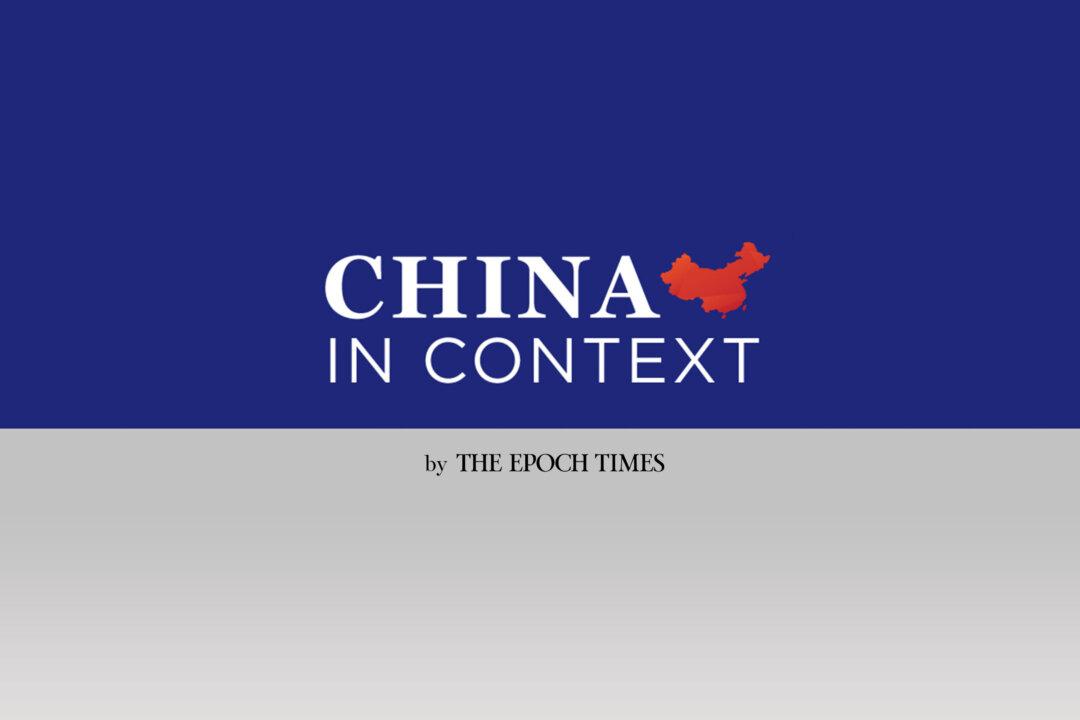Just how much control over China does Xi Jinping have?
One view holds that Xi is the most powerful Communist Party leader in decades, taking into account the many titles (“core” leader, commander-in-chief of the military) and offices (chairman of several key policy-making groups) he has accumulated, as well as the success of his anti-corruption campaign in putting away top rivals.
But as we’ve argued previously, far from being an unquestioned leader, Xi’s political position is much shakier than outside appearances suggest. He faces strong rivalry from the influential political faction of his predecessor Jiang Zemin, which wants to sabotage him. He also faces stiff resistance from a deeply corrupt Chinese officialdom weaned on loose regulations and policies during the the tenures of Jiang and Hu Jintao.
At the highest echelon of Chinese politics, Xi’s position looks far less precarious today than when he first took office in late 2012, owing to the purge of key Jiang allies like the security chief Zhou Yongkang and top military official Guo Boxiong.
But things are far less certain in the middle and lower levels of the vast state and Party apparatus. The Chinese anti-corruption agency’s newspaper recently complained of “idle” officials who pay lip service but don’t carry out their duties, as well as so-called “obstructing tigers,” or officials who don’t implement instructions from the central government. The limits of the anti-corruption campaign on cadre discipline are starting to show.
A recent development could, between now and the Party’s 19th National Congress near the end of the year, more clearly reveal the Xi leadership’s control over regime affairs.
Rumors that Jiang was gravely ill, or had passed away, first emerged on May 8. Hong Kong newspapers, China watchers, and even former diplomats to China circulated the news; one version The Epoch Times learned from our sources involves Jiang’s temporary clinical death and continued existence on a life-support machine.
This isn’t the first time rumors of Jiang’s demise have surfaced and might not be the last. But if Jiang has indeed entered a vegetative state, it will certainly impact his faction and the state of elite Chinese politics in the lead-up to the 19th Congress.
If Jiang’s faction is on the ropes, Xi will be completely unimpeded as he rounds up the remnants of the rival faction and cements his control over the regime. In this scenario, Jiang-controlled elements inside and outside of China may be apt to fold, and Xi will be virtually unchallenged in his quest to stack the seven-man Politburo Standing Committee with officials who fall in line.
If Jiang’s faction still has some strength left—Zeng Qinghong, Jiang’s cunning right-hand man, is still at large—then Xi may come up against a cornered, badly wounded beast hoping to land a blow.
In the latter scenario, expect greater resistance from the Chinese officialdom; unstable financial markets (Jiang’s faction is suspected of having a hand in the 2015 Shanghai stock crash); more nuclear brinksmanship by North Korea; and rising tensions in Hong Kong. At the 19th Congress, Xi may even be forced to admit one or two token Jiang faction elites onto the Standing Committee.




